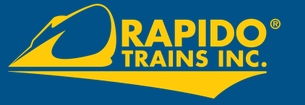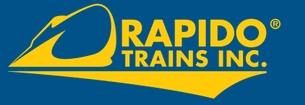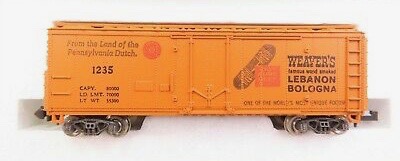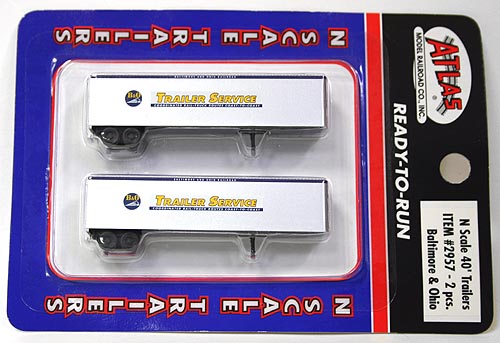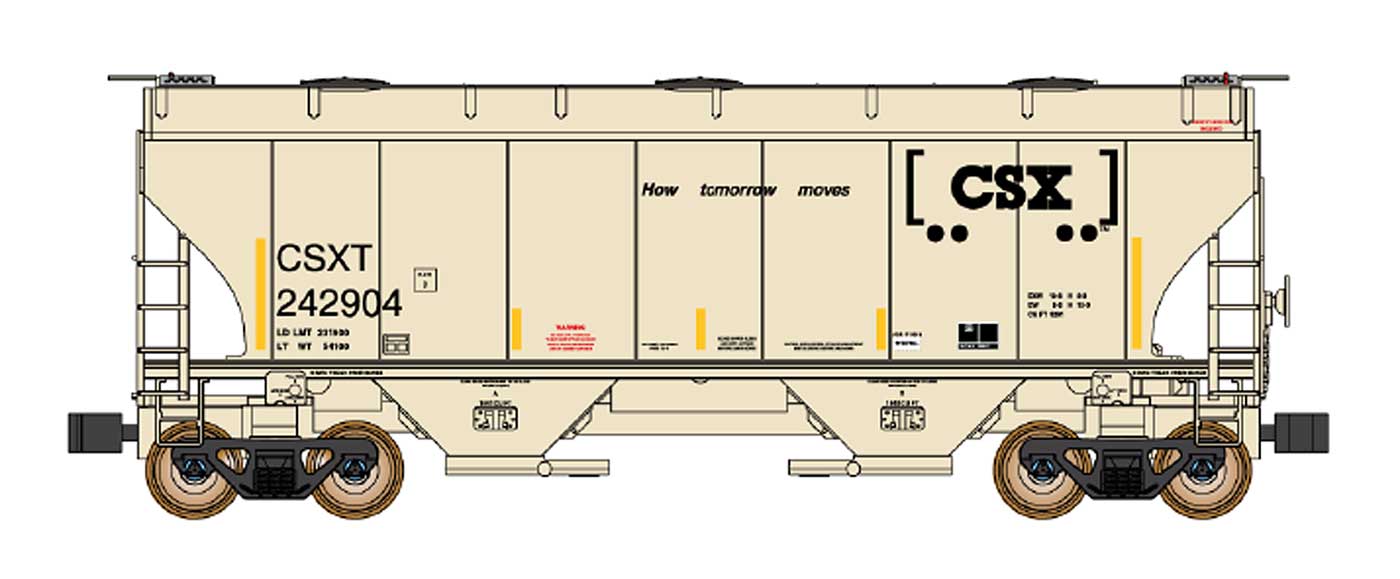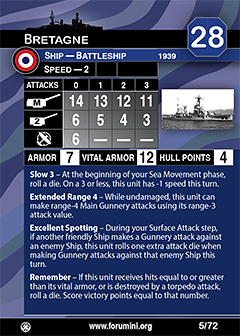Specific Item Information: Listed in Rapido Trains Inc. product listing, but probably never released.
Model Information: The Rapido Trains Inc. Lightweight Coach is a versatile, high capacity day coach designed to satisfy the needs of your local and long-distance passengers on budget. Each car features panoramic windows, three restrooms and comfortable seats with winged headrests. There is ample luggage space above the seats and in the luggage rack added to the B end of the car. The vestibule features non-skid textured flooring so your passengers won?t hurt themselves when entering or leaving your train.
The Lightweight Coach was originally a CN design, and it is similar to cars used throughout North America. It is painted in a variety of paint schemes ? if your favorite railroad had a smooth side coach with large windows, chances are we?ve painted our coach in your colors. It is available with partial skirting or with fixed steps, as appropriate.
The Lightweight Coach was originally a CN design, and it is similar to cars used throughout North America. It is painted in a variety of paint schemes ? if your favorite railroad had a smooth side coach with large windows, chances are we?ve painted our coach in your colors. It is available with partial skirting or with fixed steps, as appropriate.
- Super-detailed underbody
- Body-mounted Micro-Trains(c) couplers
- Fixed steps or partial skirts, as appropriate
- All air, steam and electrical lines represented
- Insulated 36″ metal wheelsets (no pizza cutters!)
- "Easy-Peasy" battery-powered interior lighting
- Flush windows with painted gaskets and shades
- Full interior detail including armrests and headrests
- Diaphragms with etched brass end gates
- Painted metal roof grab irons applied at the factory
- Multiple car names and/or numbers per paint scheme
- Will operate smoothly on curves down to 9-3/4″ radius
- Super-detailled 41-N-11 Inside Swinghanger or 41-BNO-11 Outside Swinghanger trucks as appropriate for each roadname and car type.
Road Name History: BC Rail (reporting mark BCOL, BCIT), known as the British Columbia Railway between 1972 and 1984 and as the Pacific Great Eastern Railway (PGE) before 1972, was a railway that operated in the Canadian province of British Columbia between 1912 and 2004. It was a class II regional railway and the third-largest in Canada, operating 2,320 km (1,440 mi) of mainline track. Its operations were owned by the public as a crown corporation from 1918 until 2004, when the provincial government leased operations for 999 years to CN. The track and other assets, including a marine division and stevedoring subsidiary as well as large tracts of real estate, remain under public ownership. 40 km of track serving the Roberts Bank Superport that were scheduled to be sold to OmniTRAX remain under BC Rail management due to that sale being cancelled because of the transaction being tainted by an influence-peddling and bribery scandal resulting in convictions in 2010. The provincial government, which promised when originally elected to never sell the railway, has announced that the crown corporation and its remaining operations and assets would be "wound down" and taken over by various departments of the Ministry of Transportation The details of the sale/lease to CN, which are related to the OmniTRAX affair, have become the subject of protracted public inquiry as part of the proceedings of the trial surrounding a scandal known as the British Columbia Legislature Raids Affair, or "Railgate". Government leaders and civil servants involved with the arrangements to CN have refused to comment on the deal because the matter "is before the courts".
Chartered in 1912, the railway was acquired by the provincial government in 1918 after running into financial difficulties. A railway that ran "from nowhere, to nowhere" for over 30 years, neither passing through any major city nor interchanging with any other railway, its southern terminus was at Squamish and its northern terminus at Quesnel during that period. It expanded significantly between 1949 and 1984. Primarily a freight railway, it also offered passenger service, as well as some excursion services, most notably the Royal Hudson excursion train. The railway's operations only reached profitability in 1980, due to large capital and operating debts, which were intended as subsidies to develop and sustain mining and timber economies and employment in the regions it accessed, though during the 1980s it regularly posted significant profits, contributing to the public treasury significantly, and maintained a lower operating debt than any of the continent's other major railways. The railway's operations and management, as one of the province's largest crown corporations, have necessarily been at the centre of public debate since its takeover. Notably, as example, the Social Credit governments of WAC Bennett and his son Bill Bennett forgave the railways' capital debts in 1954 and 1979, respectively, with bookkeeping matters related to that bringing much criticism. The current provincial government has been accused of fabricating falsehoods about the state of its debts and viability in order to justify the deal with CN, claiming the railway was in disarray. Other participants in the bidding process withdrew their bids, saying that CN had unfair access to confidential information about their own operations, provided by the government, and at least one bidder (Canadian Pacific) privately stated in since-released communications that the bid was "rigged". Controversy over CN's management of the line has focused on layoffs, toxic spills and other safety concerns, and cuts in service to some regions. The line has generated profits for CN in the range of $25 million per year since its takeover of the railway's operations.
Chartered in 1912, the railway was acquired by the provincial government in 1918 after running into financial difficulties. A railway that ran "from nowhere, to nowhere" for over 30 years, neither passing through any major city nor interchanging with any other railway, its southern terminus was at Squamish and its northern terminus at Quesnel during that period. It expanded significantly between 1949 and 1984. Primarily a freight railway, it also offered passenger service, as well as some excursion services, most notably the Royal Hudson excursion train. The railway's operations only reached profitability in 1980, due to large capital and operating debts, which were intended as subsidies to develop and sustain mining and timber economies and employment in the regions it accessed, though during the 1980s it regularly posted significant profits, contributing to the public treasury significantly, and maintained a lower operating debt than any of the continent's other major railways. The railway's operations and management, as one of the province's largest crown corporations, have necessarily been at the centre of public debate since its takeover. Notably, as example, the Social Credit governments of WAC Bennett and his son Bill Bennett forgave the railways' capital debts in 1954 and 1979, respectively, with bookkeeping matters related to that bringing much criticism. The current provincial government has been accused of fabricating falsehoods about the state of its debts and viability in order to justify the deal with CN, claiming the railway was in disarray. Other participants in the bidding process withdrew their bids, saying that CN had unfair access to confidential information about their own operations, provided by the government, and at least one bidder (Canadian Pacific) privately stated in since-released communications that the bid was "rigged". Controversy over CN's management of the line has focused on layoffs, toxic spills and other safety concerns, and cuts in service to some regions. The line has generated profits for CN in the range of $25 million per year since its takeover of the railway's operations.
Brand/Importer Information: Rapido Trains Inc. is a high-end manufacturer of model trains and accessories in HO, OO and N (North American 1:160 and British 1:148) scales. The firm's mission is to recreate the entire rail travel experience, from fully-detailed interiors and under-frames on models to fully-wired telephone poles for model railroads.
The name RAPIDO was introduced by Canadian National in 1965 to headline the railway's high-speed intercity passenger services. Until the mid-1980s, RAPIDO stood for fast schedules, frequent trains, and superb service.
Today, Rapido Trains continues the RAPIDO concept with state-of-the-art models and attention to fine detail. This company is not related to the venerable (and now defunct) German manufacturer Arnold Rapido, nor the present-day Arnold (which is owned by the United Kingdom's Hornby), Canadian based Rapido Trains was founded in 2003.
The name RAPIDO was introduced by Canadian National in 1965 to headline the railway's high-speed intercity passenger services. Until the mid-1980s, RAPIDO stood for fast schedules, frequent trains, and superb service.
Today, Rapido Trains continues the RAPIDO concept with state-of-the-art models and attention to fine detail. This company is not related to the venerable (and now defunct) German manufacturer Arnold Rapido, nor the present-day Arnold (which is owned by the United Kingdom's Hornby), Canadian based Rapido Trains was founded in 2003.
Item created by: Alain LM on 2016-07-29 13:50:43. Last edited by Alain LM on 2016-07-29 16:50:43
If you see errors or missing data in this entry, please feel free to log in and edit it. Anyone with a Gmail account can log in instantly.
If you see errors or missing data in this entry, please feel free to log in and edit it. Anyone with a Gmail account can log in instantly.


